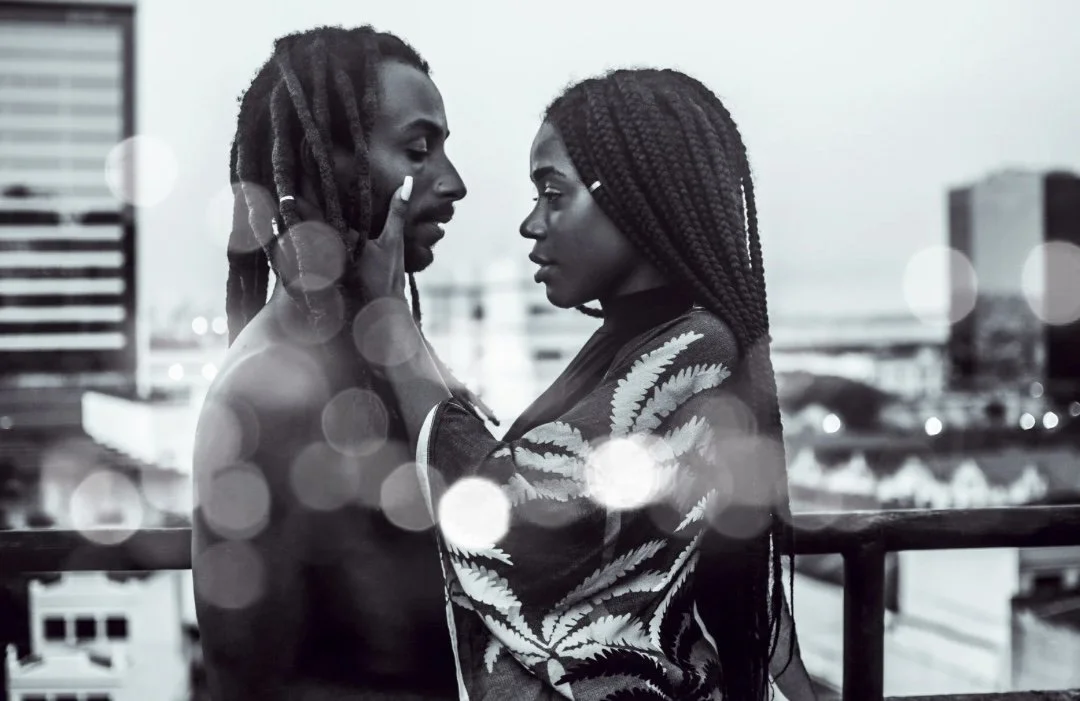“Who Protects the Protector? Creating Safe Spaces for Men”
We often hear conversations about men being emotionally unavailable, detached, or spiritually depleted. The narrative paints them as hardened, stoic figures who struggle to connect beyond the roles of provider and protector. Yet, here’s the real question: when have we made room for them to be anything else? As a woman that was not only raised by a man, BUT a mother of two growing men… I find myself personally invested in this topic.
Society conditions men to be strong, silent, and “tough it out.” From childhood, many boys are told:
“Don’t cry.”
“Be a man.”
“Handle it.”
Over time, those words stack like bricks, building walls around their emotions. And then we, as women, partners, sisters, mothers, and even communities, criticize them for not opening up. But have we stopped to ask: Where are their safe spaces?
The Double Standard
Men are expected to carry the weight of provision and protection, but rarely do we consider the toll that takes. They’re expected to pour out, but who is pouring back into them?
Who reminds them it’s okay to have a breaking point?
Who tells them vulnerability is not weakness, but courage?
Who protects the protector?
The truth is, many men don’t even know what true emotional safety feels like, because society has never handed them the permission slip to be vulnerable.
A Personal Reflection
As a woman raised by a man I only saw cry twice in my entire life, I know the quiet pain of watching strength disguise suffering. As a sister to brothers, I’ve seen the unspoken battles they carry. And as a boy mom, I understand that creating a safe space for our sons to be transparent and tender is one of the most powerful gifts we can give them.
Men deserve rooms where they don’t have to perform. Spaces where they can cry, laugh, wrestle with faith, and admit when life feels heavy—without judgment.
Why Safe Spaces for Men Matter
Breaking cycles: Men who experience emotional safety raise sons who know how to express themselves and daughters who know what healthy vulnerability looks like.
Spiritual wholeness: A man who feels covered and poured into can lead his family and community from a place of abundance, not depletion.
Stronger relationships: When men can be honest about their struggles, they can show up more authentically in love, friendship, and faith.
The Challenge to Us
We can’t expect something from men that we haven’t created space for. It’s time to shift the narrative. Let’s:
Ask men how they’re really doing.
Encourage transparency without shaming it.
Build communities, ministries, and conversations where men can land safely.
Because here’s the truth: when men are covered, protected, and poured into, entire families and communities thrive.
My Final Thought: Vulnerability isn’t just a woman’s right—it’s a human need. And if we truly care about the men in our lives, we must create spaces where they can lay down the armor and simply be.
A Message to the Men
To the men who feel the pressure to always be “on,” always be strong, always have the answers—I see you. And I want you to know something: you deserve more than silent suffering.
As a woman who advocates for mental health, self-awareness, and emotional safety, I encourage you to give yourself permission to breathe, to pause, and to feel. It is not weakness to admit when you are hurting. It is not weakness to ask for help. It is not weakness to cry.
You are allowed to take off the cape. You are allowed to lay the armor down. And you are allowed to exist as more than just what you can provide or protect.
Your mental health matters. Your voice matters. Your heart matters. And if no one has told you lately—I’m proud of you for simply showing up in a world that often forgets to cover you.


